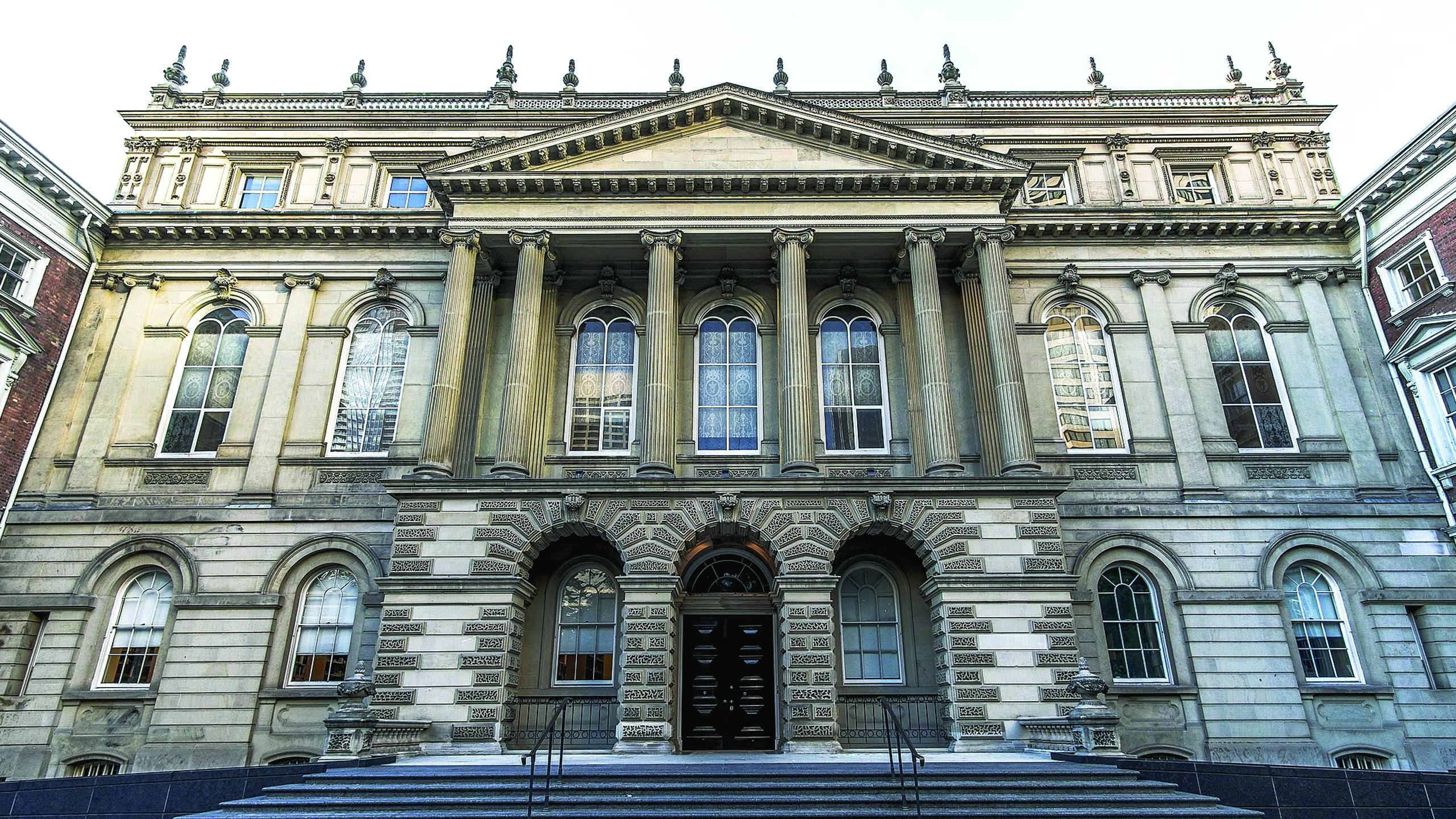By Catherine Abes
The provincial government’s appeal to reinstate the Student Choice Initiative (SCI) will be heard at the Court of Appeal for Ontario on March 23 and 24.
Introduced in January 2019 and implemented for the 2019-20 academic year, the Doug Ford government’s SCI allowed post-secondary students to opt out of ancillary fees deemed “non-essential,” which were previously a mandatory part of tuition fees. These fees funded campus student groups, cultural associations, student unions and campus media organizations, such as radio stations and newspapers.
Ryerson groups that were impacted by the policy included the Ryerson Students’ Union and its equity centres, the Continuing Education Students’ Association of Ryerson, Ryerson’s campus radio station CJRU and The Eyeopener. Opt-in percentages ranged from 43 to 79 per cent.
Many other student groups in Ontario faced significant reductions to their operating budgets as a direct result of the SCI, such as the University of Ottawa, which lost roughly $155,000 in funding for student life and organizations on campus. These cuts also resulted in permanent staff layoffs and some groups disbanding entirely.
The Canadian Federation of Students (CFS) and York Federation of Students (YFS) first filed a legal challenge against the SCI in May 2019.
On Nov. 21, 2019, an Ontario Divisional Court unanimously ruled the SCI “unlawful,” stating that the directives underlying the initiative were “inconsistent with the legislation governing colleges and universities,” allowing the provincial government to act beyond the scope of its authority, and in bad faith. The next month, Ontario was granted leave to appeal this decision.
On Dec. 23, 2020, six groups were granted intervener status in the case, meaning they can make arguments in the case as a third-party.
Intervener status was granted to two groups who previously intervened in the initial legal challenge: B’nai Brith of the League for Human Rights, who argued in favour of Ontario on the basis that the SCI respects the freedom of choice of students who do not support their student associations; and the University of Toronto Graduate Students’ Union, who supported the CFS and YFS.
Intervener status was also granted to Start Proud and Guelph Queer Equality (collectively, the “LGBTQ+ Coalition”); the University of Ottawa, Queen’s University, the Governing Council of the University of Toronto, the University of Waterloo, and the University of Western Ontario (collectively, the “Universities”); the Association for Canadian Clinical Legal Education (ACCLE); and the Canadian Journalists for Free Expression, the Centre for Free Expression, the Canadian Association of Journalists, PEN Canada, World Press Freedom Canada, and the Canadian Association of University Teachers (collectively, the “Coalition”).
The provincial government consented to the motions for leave to intervene brought by B’nai Brith and UTGSU, took no position respecting the proposed interventions by the LGBTQ+ Coalition, the Universities and ACCLE, and opposed the proposed intervention by the Coalition.
With files from Madi Wong, Tyler Griffin, Emma Sandri and Alexandra Holyk
Read more of our coverage of the Student Choice Initiative here.













Leave a Reply